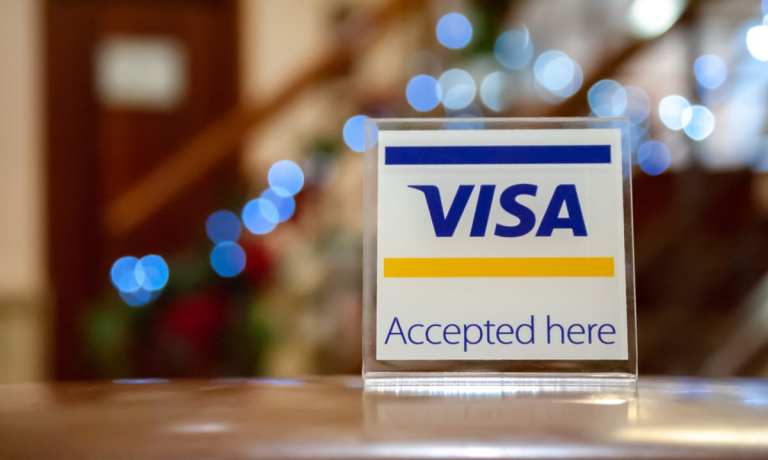Pandemic Pushes Visa To Postpone Hike In Merchant Swipe Fees

Visa is postponing a long-planned price hike on swipe fees for merchants due to ongoing pressure on the retail industry from the pandemic.
According to Bloomberg, an inside document revealed that the credit card company had been planning significant changes this month, including rate increases for eCommerce transactions and decreases for payments involving real estate or education. The rate changes will now take effect in April of next year.
“Given the unprecedented impact of the COVID-19 pandemic on the U.S. economy, Visa determined it would not make any structural changes to the payments ecosystem over the last year,” the Visa document said, according to Bloomberg.
A spokesperson for Visa declined to comment.
The planned changes call for rate increases on “card not present” transactions such as those involving online or phone orders. The rates will rise to $1.99 from $1.90 for regular Visa cards, and to $2.60 from $2.50 for premium cards on a $100 transaction. Visa will roll out a lower rate in October for its EMV payment token service, said Bloomberg.
The rate change had originally been scheduled to go into effect in April of this year, and will be Visa’s biggest swipe-fee change in nearly a decade.
Bloomberg noted that some merchants have complained that the EMV service interferes with their ability to route debit card transactions over alternative networks. Visa asserted in the document that tokenization improves online authorization rates and transaction security.
The federal Durbin Amendment allows merchants to choose between at least two unaffiliated networks through which they can route transactions.
A settlement nearly a decade ago between card networks and merchants over swipe fees technically granted merchants the right to surcharge consumers who pay with credit as a means of offsetting interchange fees. But Payroc CEO Jim Oberman told PYMNTS in a recent conversation that the capability has long gone unused by the vast majority of merchants.